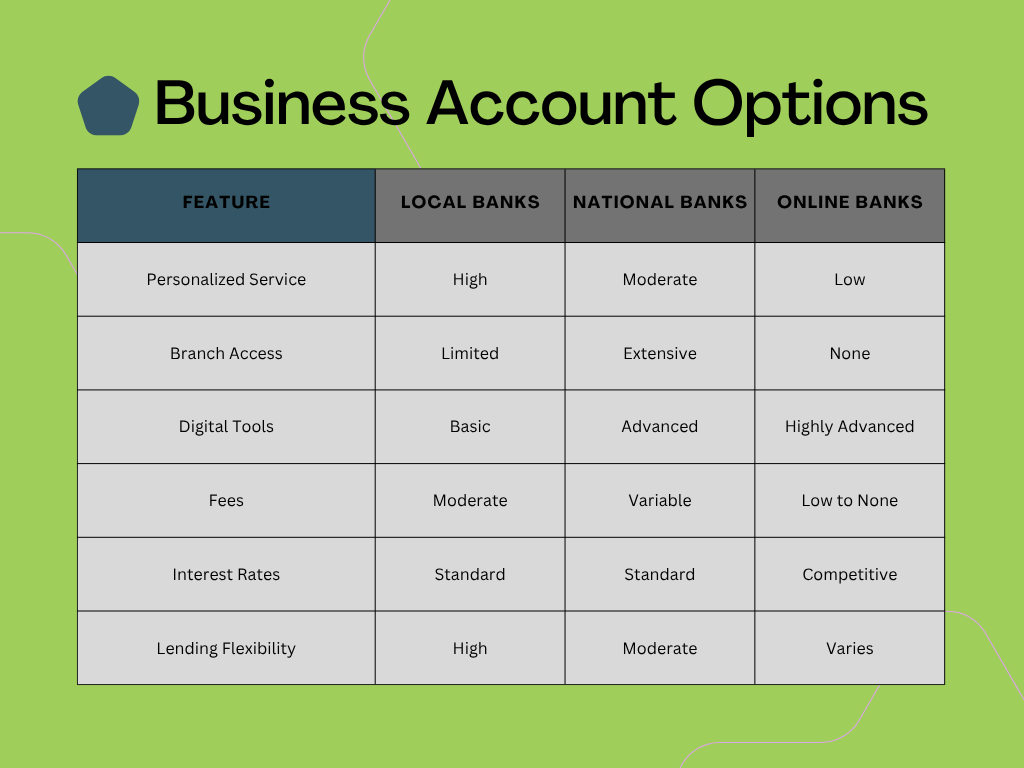Is a Laundromat Truly Passive Income? A Balanced Look
Passive income is generally defined as earnings that require little to no ongoing effort to maintain. According to the IRS, it includes money generated from rental activities or businesses in which the taxpayer does not materially participate. In everyday business terms, it’s often described as “making money while you sleep.”
But laundromats don’t neatly fit into this definition. While they can generate steady revenue without constant daily oversight, they still require time, decision-making, and management. For this reason, they’re better categorized as a form of semi-passive income. You may not be running them full-time, but they aren’t entirely hands-off either.
Is a Laundromat Truly Passive Income? A Balanced Look Read More »










